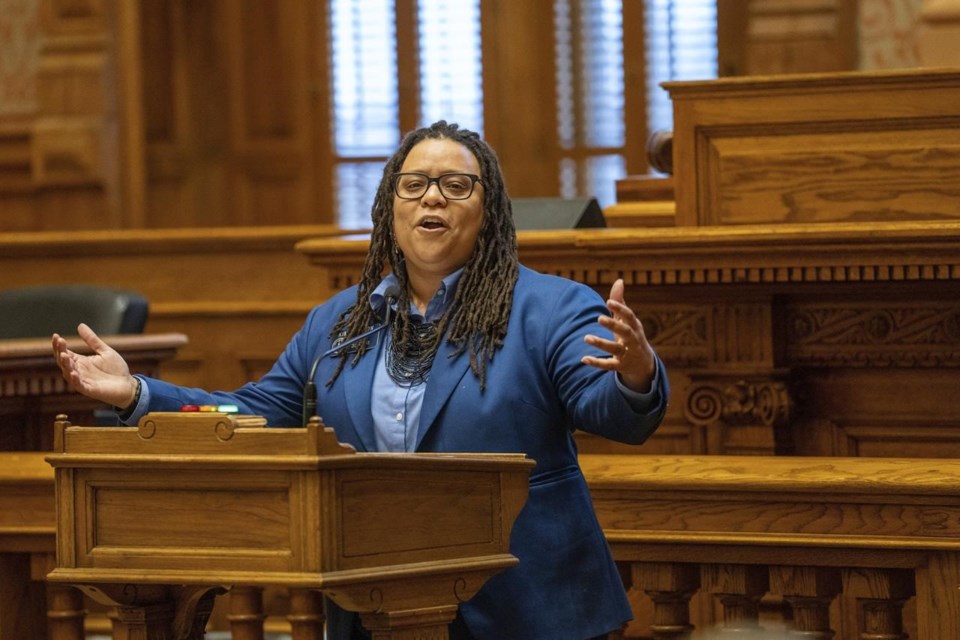Georgia Republicans are advancing Senate Bill 180, aimed at safeguarding religious rights from perceived government intrusion. The measure, echoing a 1993 federal law, seeks to uphold individuals’ religious beliefs by requiring compelling state interests to justify any infringement, thus employing the least restrictive means possible.
Debate Over Discrimination and Religious Liberties
The bill’s proponents, led by Republican Sen. Ed Setzler, argue that Georgia requires its legislation to counter potential religious infringements by state and local governments. They contend that existing federal laws inadequately shield against attacks on religious freedoms at the local level, citing instances such as the denial of zoning permits for religious institutions.

However, opponents, including Stone Mountain Democrat Sen. Kim Jackson, express concerns that the bill could be exploited to discriminate against marginalized groups, particularly the LGBTQ+ community. They fear scenarios where individuals or private entities may deny essential services, such as healthcare coverage or accommodation, based on religious beliefs, potentially exacerbating discrimination and undermining existing anti-discrimination laws.
Economic and Social Implications
Detractors further argue that the legislation could have adverse economic repercussions, driving out LGBTQ+ residents and businesses and tarnishing Georgia’s reputation as a business-friendly state. The Metro Atlanta Chamber and the Georgia Chamber of Commerce have voiced opposition, warning that the bill may deter investment and harm the state’s economic interests.
Assessment and Outlook
Despite assurances from supporters that the bill aims to protect religious freedoms without promoting discrimination, critics remain skeptical, viewing it as a potential catalyst for discrimination and exclusion. The legislation’s passage through the Senate underscores the deep ideological divide on issues of religious liberties and LGBTQ+ rights in Georgia.

While Christian conservative groups celebrate the bill’s progress as a victory for religious liberties, its fate in the House and its potential impact on Georgia’s social fabric and economic landscape remain subjects of intense debate and scrutiny. As Georgia navigates these contentious issues, the balance between religious freedoms and anti-discrimination efforts will continue to shape the state’s legislative agenda and societal discourse.